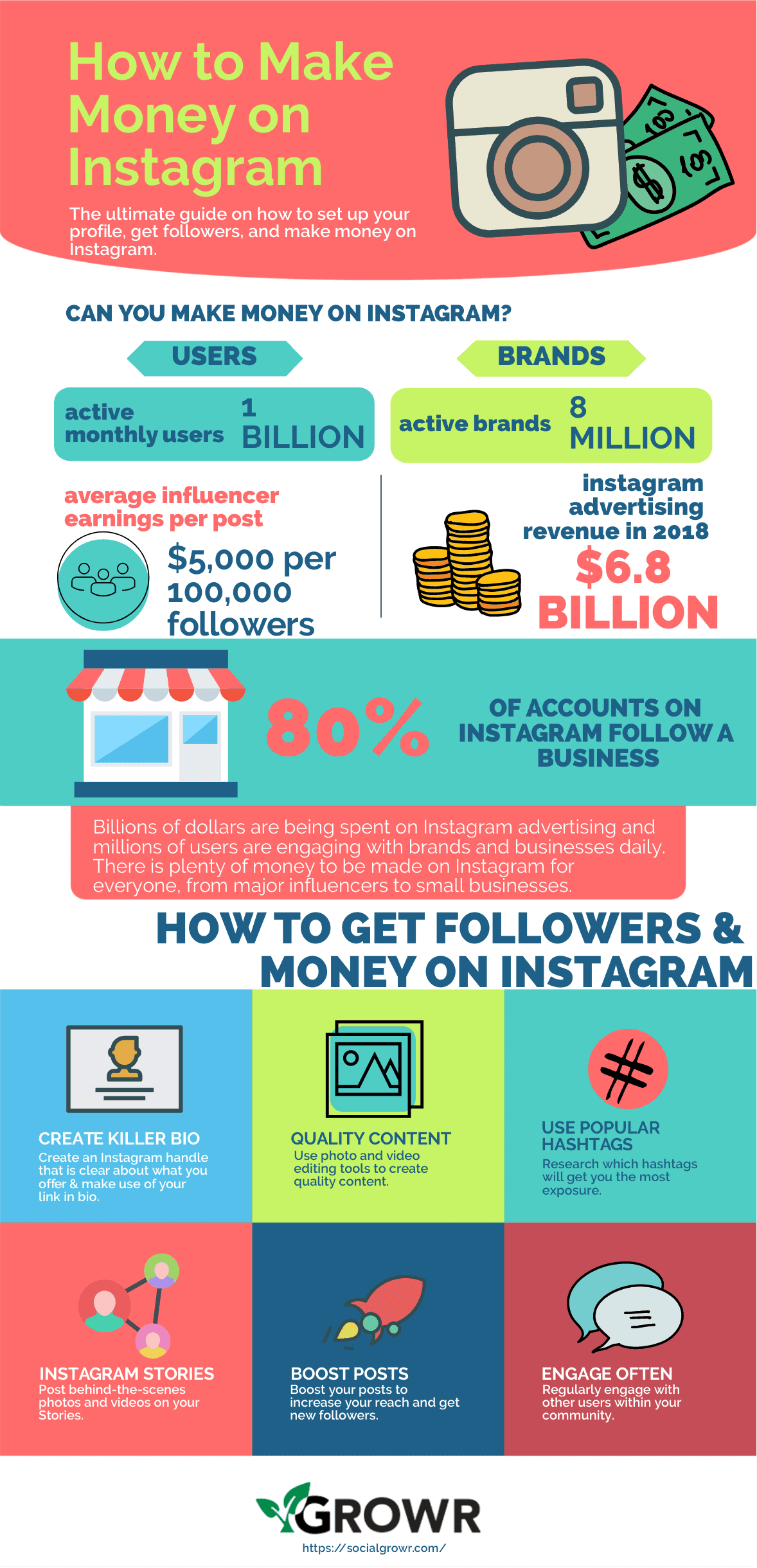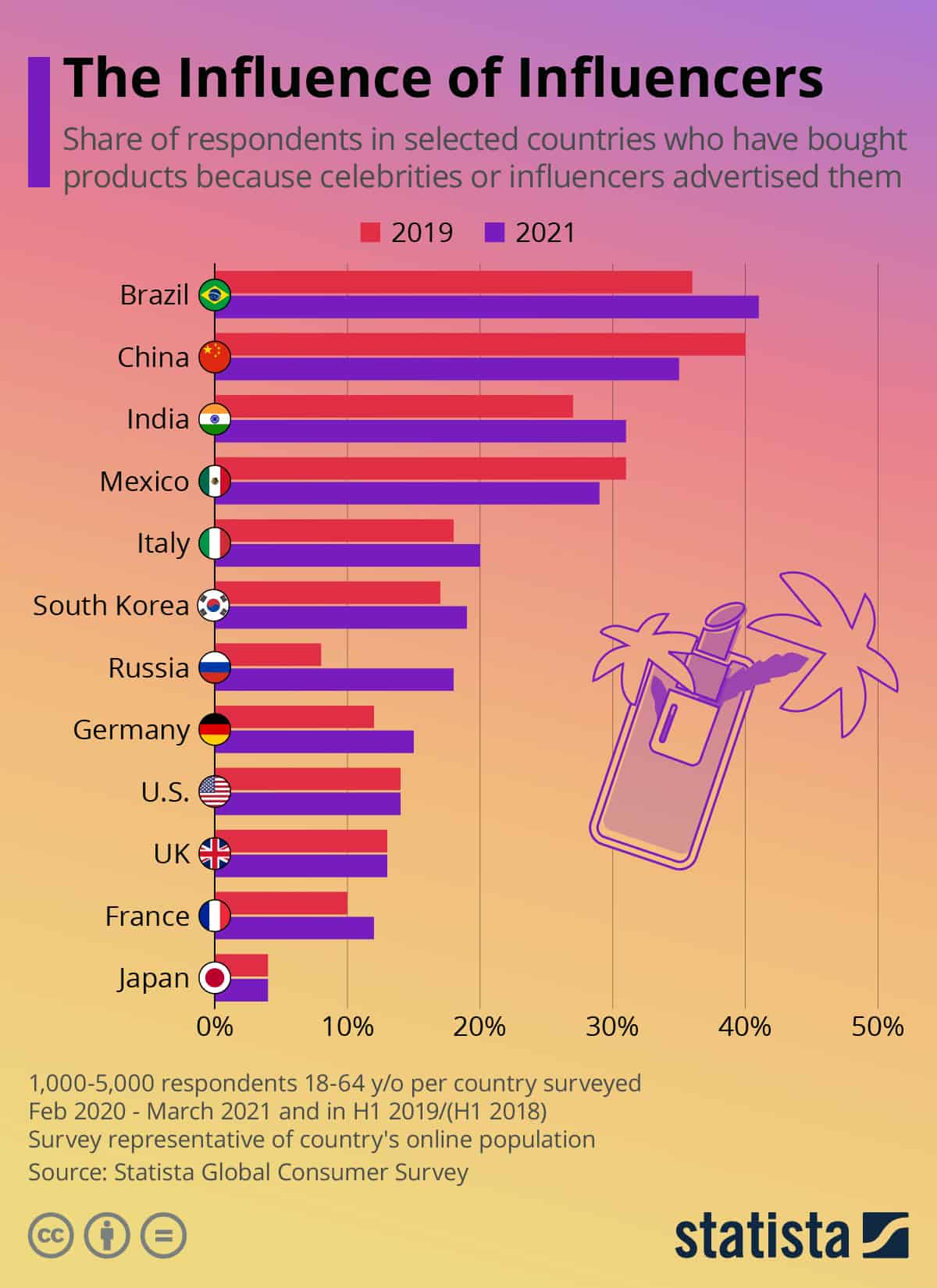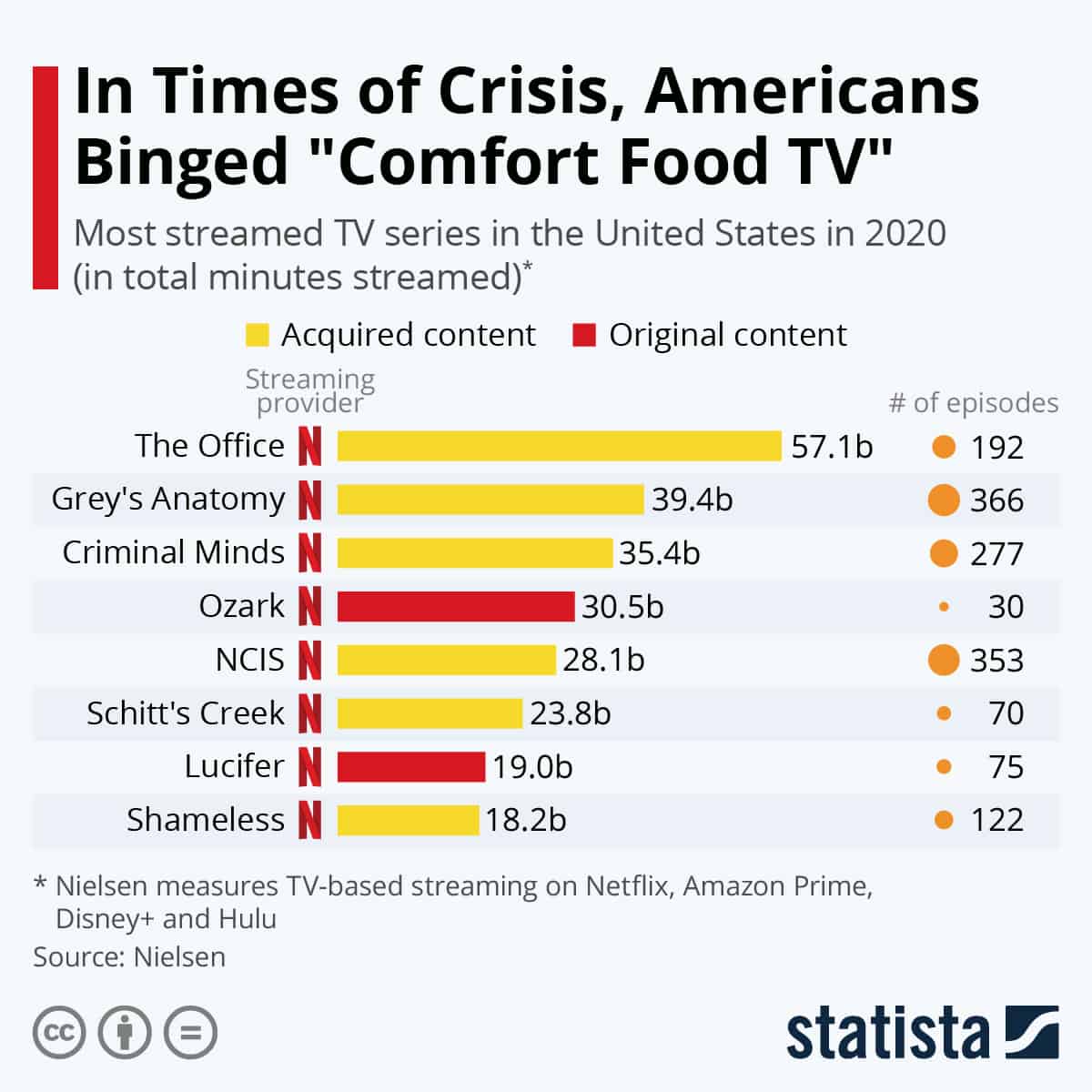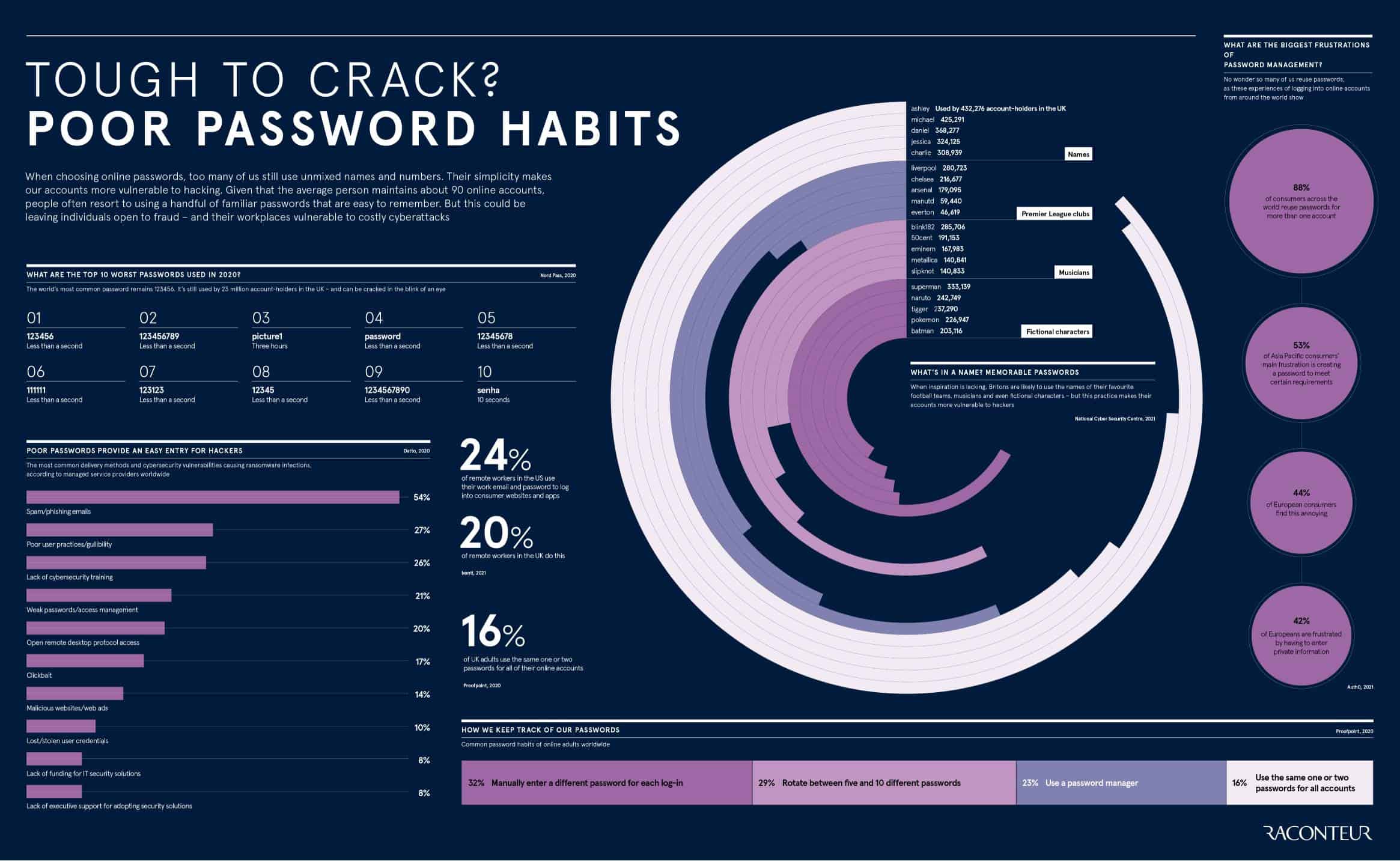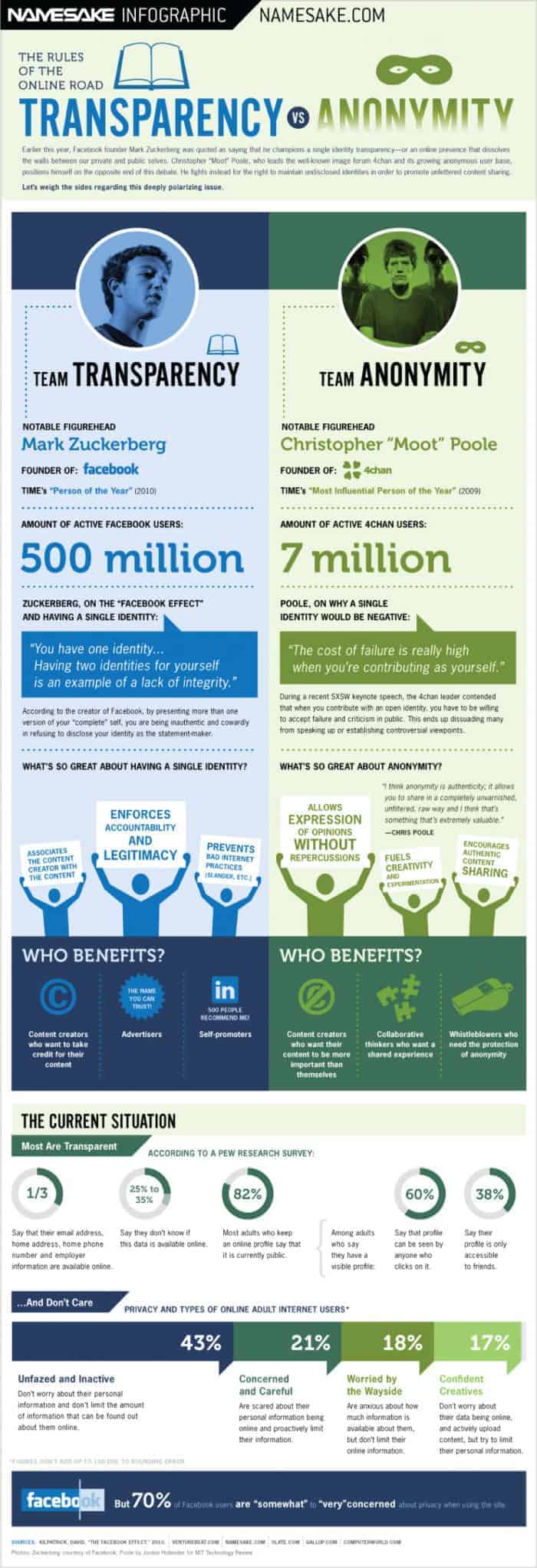
Whether you are 17 or 67, Facebook is the standard method to make friends, to keep friends, to spy on friends and to invite friends to events. Facebook creator Mark Zuckerberg championed the cause for Internet authenticity, encouraging users to have single online identities. On the opposite extreme of the argument, 4chan, a collaboration of anonymous users, has churned out both creative Internet trends and headline grabbing pranks. 4chanâ??s founder Christopher â??Mootâ? Poole believes this anonymity is the key to online authenticity.
Todayâ??s infographic shows these divergent philosophies of Internet culture and, most interestingly, what the average Internet user thinks about the privacy of their information online. What type of user are you? Do you prefer anonymity or transparency?
As a somewhat hesitant social networker, these are issues I have thought a lot about. Even with Facebookâ??s push toward transparent identities, a userâ??s real information can be tweaked to a more socially acceptable version of the truth with flattering pictures and a carefully crafted profile page. Facebook culture may never be truly authentic or transparent, but maybe that is just an inherent flaw in the medium. On the flip side, while anonymity allows users to truly express their beliefs and feelings without fear of reprisal, it also removes accountability of words and actions. I doubt there is a hard and fast rule on whether transparency or anonymity online is a better tactic, and it is clear that each has uses for different groups. It is up to us as individual users to make the call. [Via]

